These attractions are not owned and operated by the Johnstown Area Heritage Association, but are related thematically and are part of the Johnstown visitor experience. Be sure to visit their websites for opening hours and important visitor information.
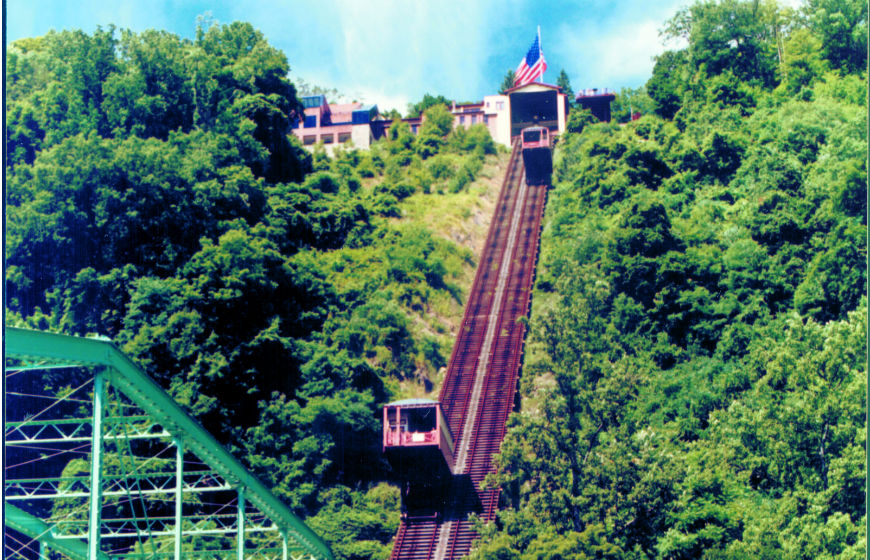
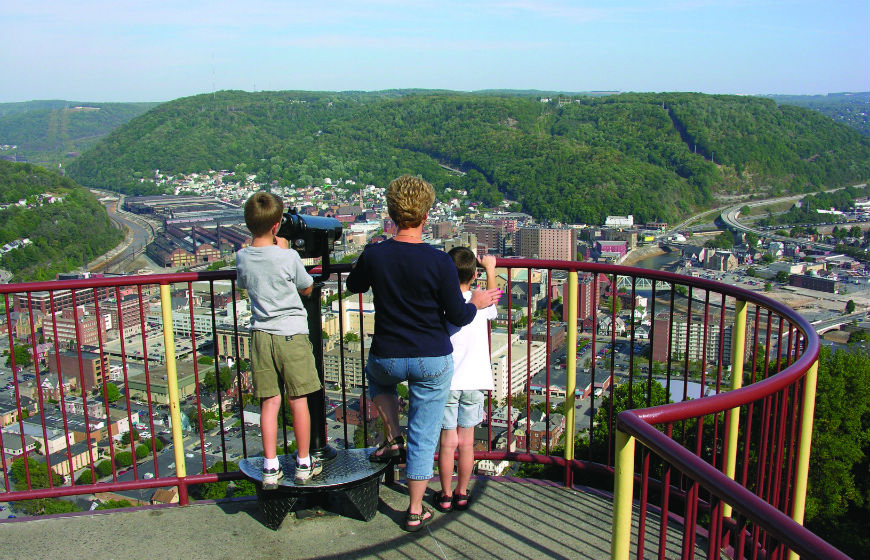
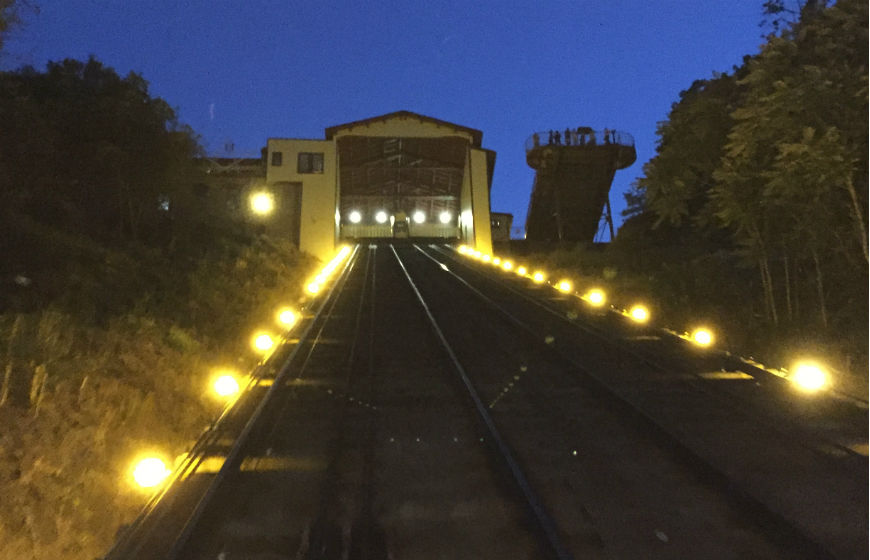
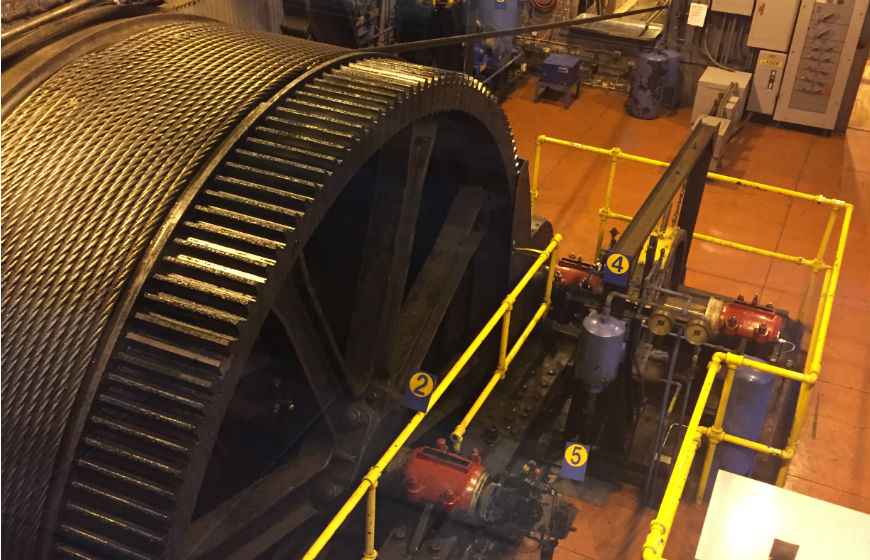
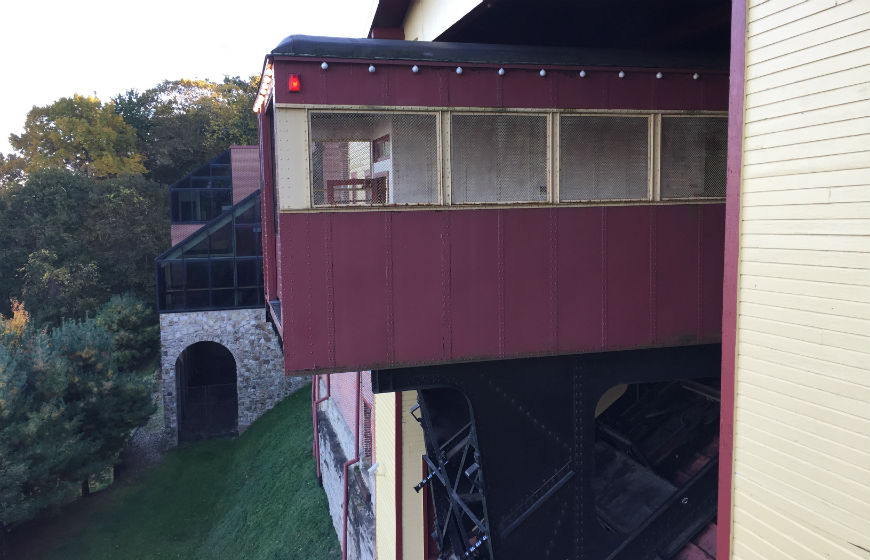
The Inclined Plane is currently closed for a major renovation. It is the steepest vehicular inclined plane in the world. It was built in 1890 as a direct result of the 1889 Johnstown flood so workers could live in the new suburb of Westmont, safe from floods and away from industry pollution. Today, the Incline is one of Johnstown’s most beloved landmarks, and still carries passengers and cars. At the top, visit the visitors center with displays about Johnstown, Asiago’s Tuscan Bar & Grill (year-round) — from inside Asiago’s, you can also view the Incline’s engine room.
The overlook gives a good view of Johnstown, as well as the path of the flood wave. Those traveling with children might wish to visit the playground located just beyond the top of the Incline in the historic suburb of Westmont. Grandview Cemetery, which was founded just a few years before the flood and is the final resting place of many victims (including the Plot of the Unknown), is a half-mile walk or drive from the top of the Incline; gift shop staff will be happy to direct you. The bottom of the Incline, which is owned and operated by CamTran, is located within a few blocks of the Johnstown Flood Museum.
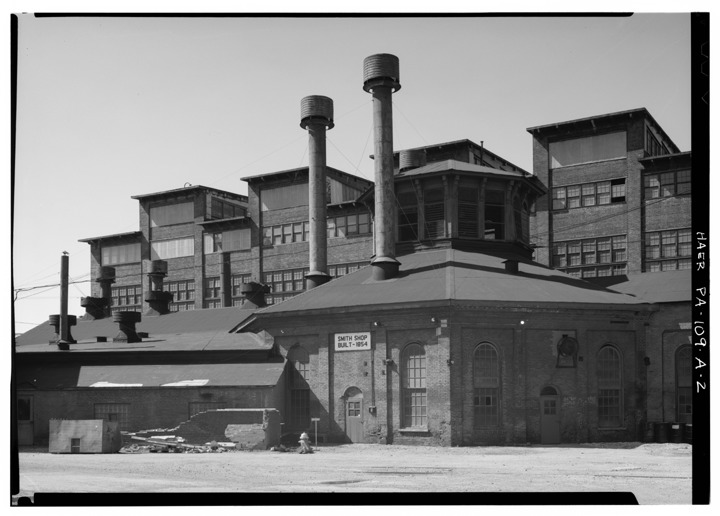
Located on Iron Street in the heart of the Cambria Iron & Steel National Historic Landmark, the Blacksmith Shop is one of the most important historic industrial buildings left in the United States. Owned by the Johnstown Redevelopment Authority, the building has been restored and preserved through the determined efforts of JAHA and the JRA, beginning in the early 2000s.
In 2018, The Center for Metal Arts, a national leader in metalworking and blacksmithing, moved their operations to Johnstown. Formerly of New York State, the Center has already begun offering classes in the Pattern Shop while the Blacksmith Shop is readied for occupancy (work remaining to be done includes the re-installation of utilities – compressed air, electricity, natural gas, and water.) Please visit the Center’s website at the link above for information on their offerings, which include workshops appropriate for beginners and experts alike.
You can book a tour of the Center for Metal Arts, including the Blacksmith Shop, on its own or as part of the Johnstown Heritage Pass, here.
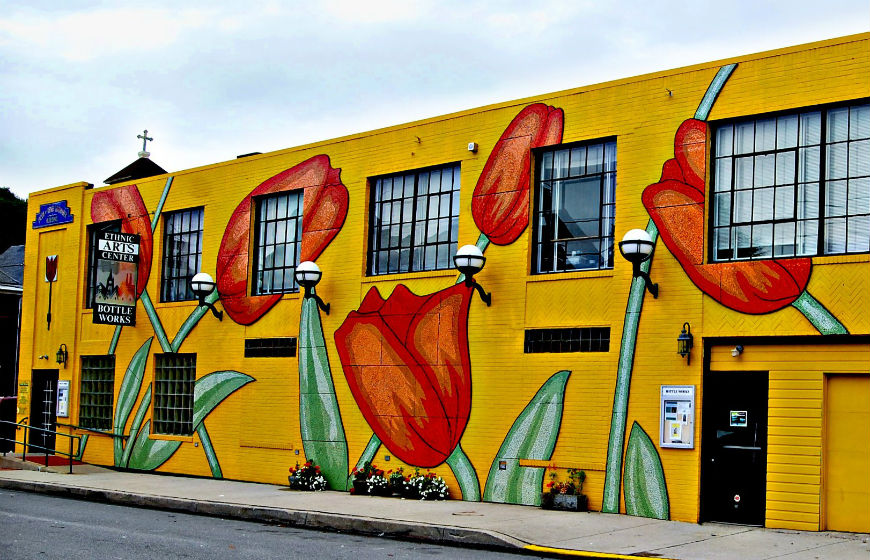
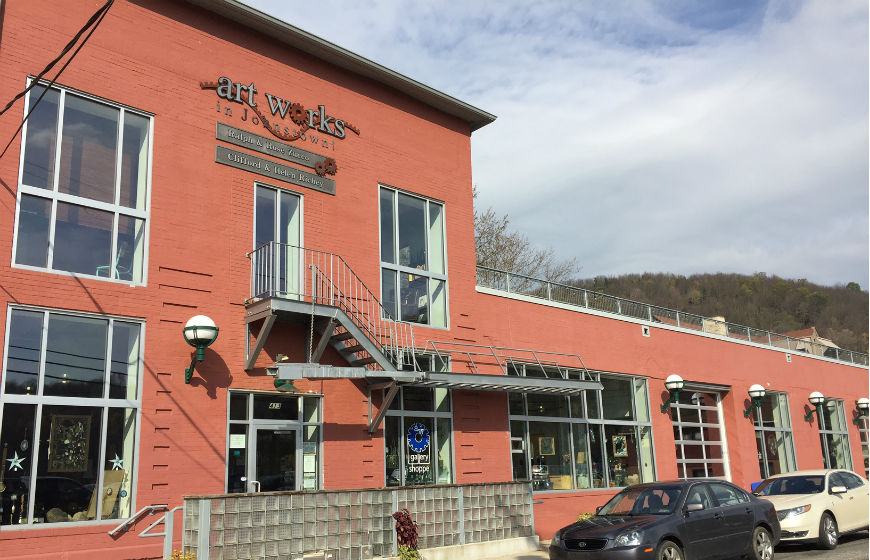
The Bottle Works Ethnic Arts Center works to preserve and celebrate the cultural diversity of the peoples of this region through their arts — such as music, dance, costuming, foodways and literary traditions. The Art Works facility immediately next door is an art gallery that features a gallery shop with work by local artisans. Both facilities offer a busy schedule of classes, workshops, and special events. Like the Heritage Discovery Center and Wagner-Ritter House & Garden, the Bottle Works and Art Works are located in the historic neighborhood of Cambria City.
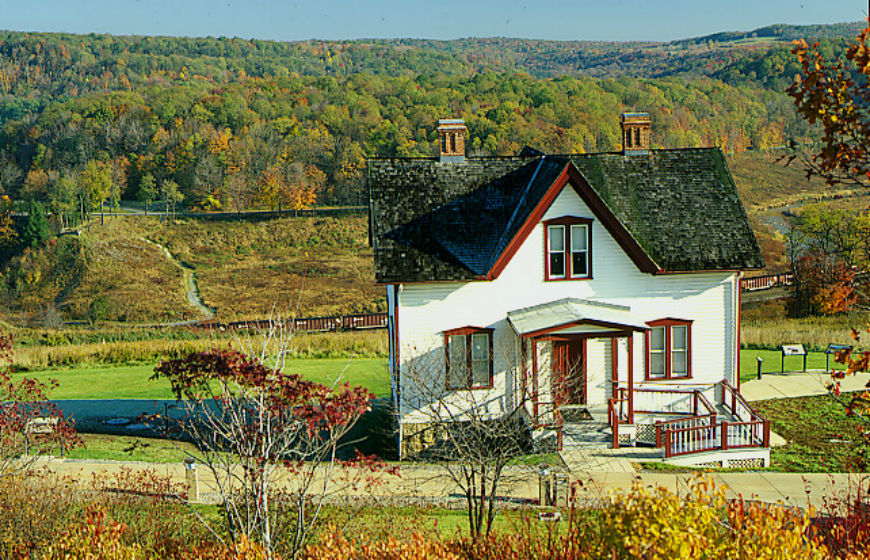
Operated by the National Park Service, the Johnstown Flood National Memorial helps tell the story of the 1889 flood by preserving the remains of the ill-fated South Fork Dam and part of the former Lake Conemaugh bed. The memorial also includes the surviving portion of the South Fork Fishing & Hunting Club’s clubhouse and the restored house of Elias Unger, the club’s president and manager. Located in St. Michael, about 15 miles north of Johnstown. To get there, take Route 56 east to Route 219 north; drive five miles to the Sidman/St. Michael exit, and follow the National Park Service signage.
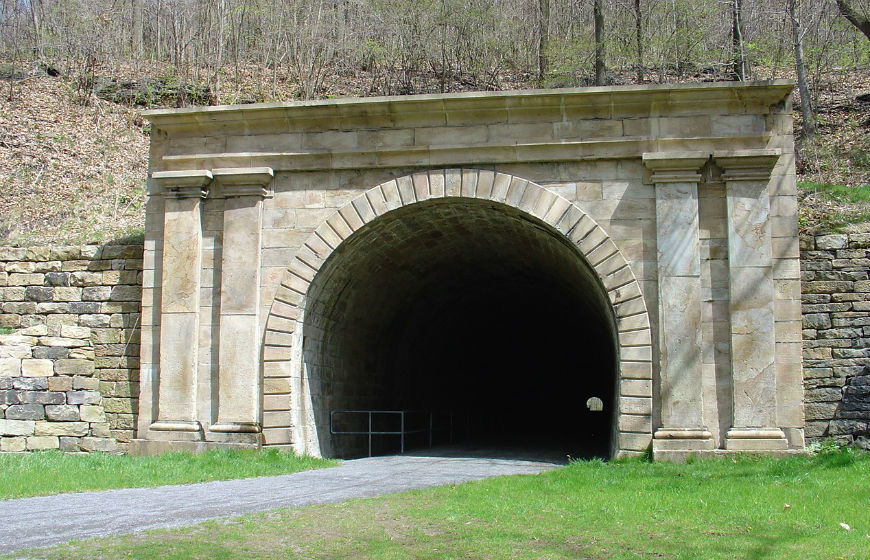
These National Park Service sites tie in with the area’s transportation history theme. The first railroad to circumvent the Allegheny Mountains, the Allegheny Portage Railroad was the finishing piece of the Pennsylvania Mainline Canal. “The Portage,” which opened in 1834, created the only direct route between Philadelphia and Pittsburgh. All things to all people, it served merchants, passengers, slaves in pursuit of freedom, and soldiers from the Mexican War. The nearby Staple Bend tunnel, which was finished in 1833, was advertised as the first railroad tunnel in the United States. It was the third tunnel of any kind built in the US. Located in Cresson, 34 miles northeast of Johnstown.
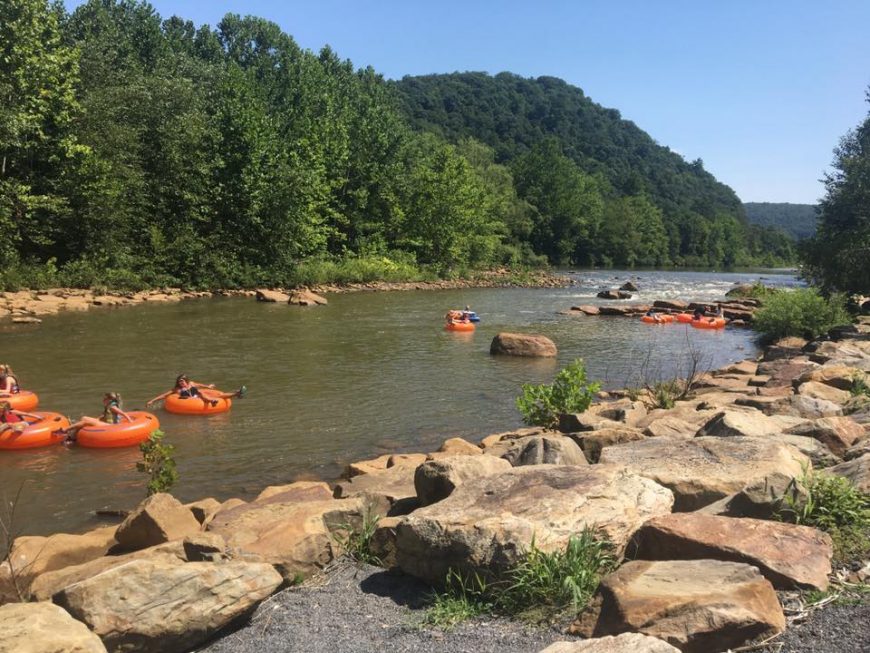
Coal Tubin’ offers river excursions with tubes, rafts, and inflatable kayaks. Most of their offerings are self-guided, providing gentle floats down Johnstown’s Stonycreek River. Guided whitewater rafting trips are also available for those who are more adventurous! Most Coal Tubin’ excursions begin right in the middle of town. It’s a wonderful way to spend some time on the river!

The stories of Johnstown shaped the history of America as it became a modern industrial nation. The Johnstown Discovery Network brings this rich heritage to life through a linked system of attractions and historic districts. We invite you to come explore!
Get a Johnstown Heritage Pass and save more than 20%! Tickets to individual attractions are available, too.
Book Now